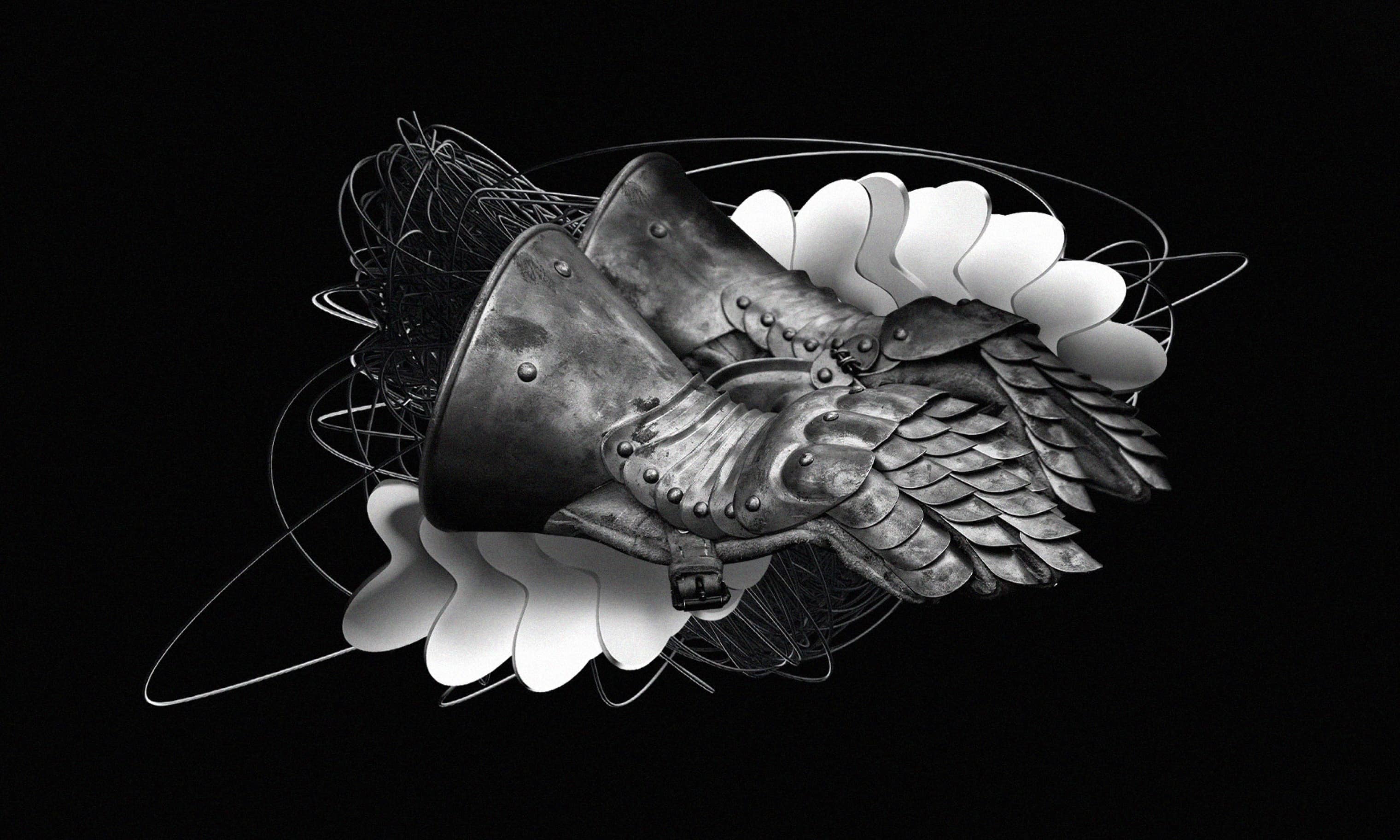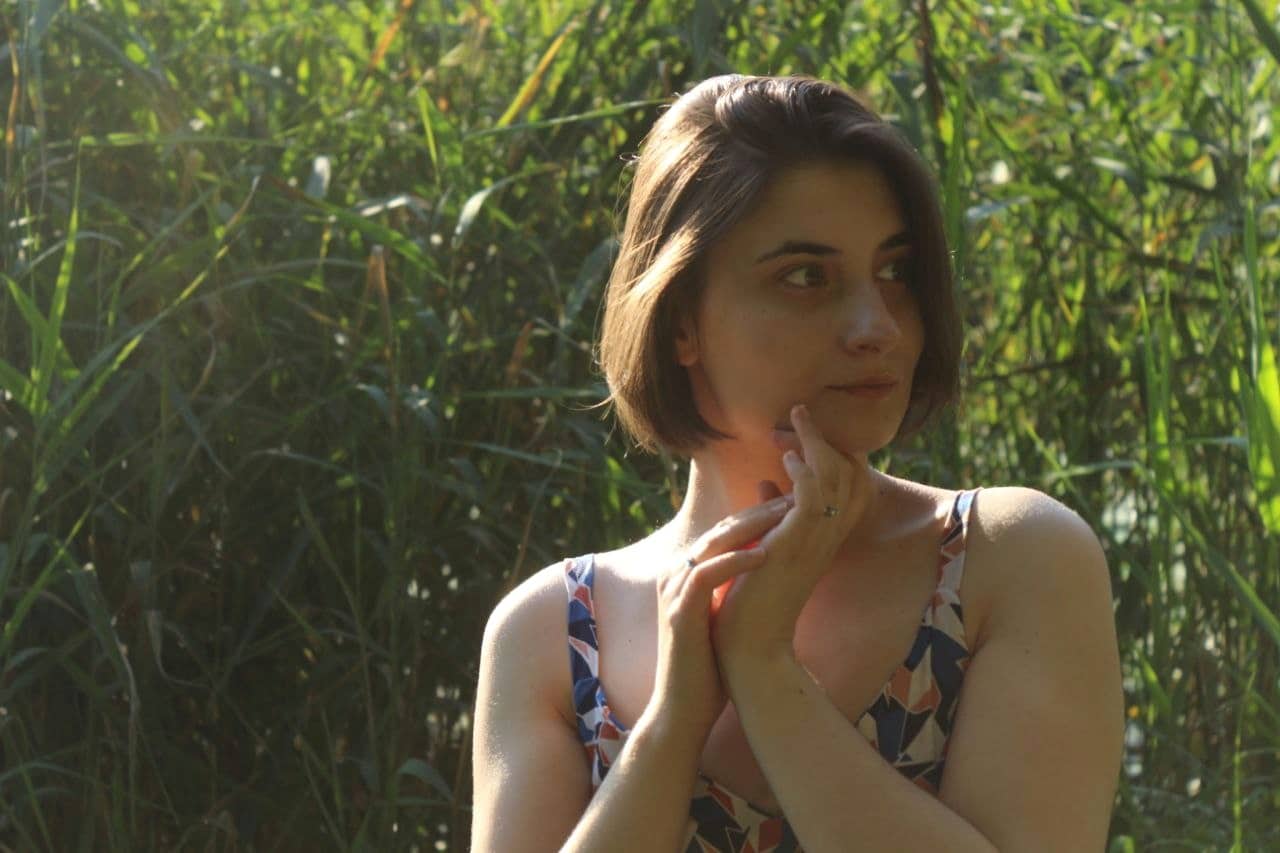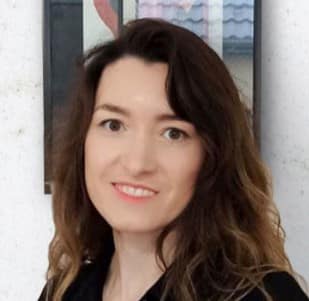The war in Ukraine has entered 9th year, with the needs faced by the military growing. Their adaptation is of great importance. The foundation ‚Hromadyanyn‘ (the Ukrainian for ‚a citizen‘ – translator’s note) has launched the program called ‚Cyborgs‘ aimed at taking care of the soldiers who are in need of prostheses.
We talked to Yevheniya Lytvynenko, the head of the communications department of the foundation, and Oleksandr Mykytyuk, the head of its legal department, about the awareness in this field, why it is not enough to simply put a prosthesis on and how military personnel get used to a life with such changes.
Supporting a government program
A soldier with the call sign ‚Cosmos’ has lost his leg. After receiving a prosthesis, he is planning to return to the front. A soldier with the call sign ‚Pizhon‘ (the Ukrainian for ‚a fop‘ – translator’s note) also lost his leg on February 24, 2022. He dreams of being able to walk again. A soldier with the call sign ‚Zayets‘ (the Ukrainian for ‚a hare‘ – translator’s note), who was evacuated from the Azovstal steel plant, underwent an amputation of his leg. Nevertheless, he is intent on continuing to fight. Each of them has a story of pain and struggle. Each of them has been helped by the program ‚Cyborgs‘.
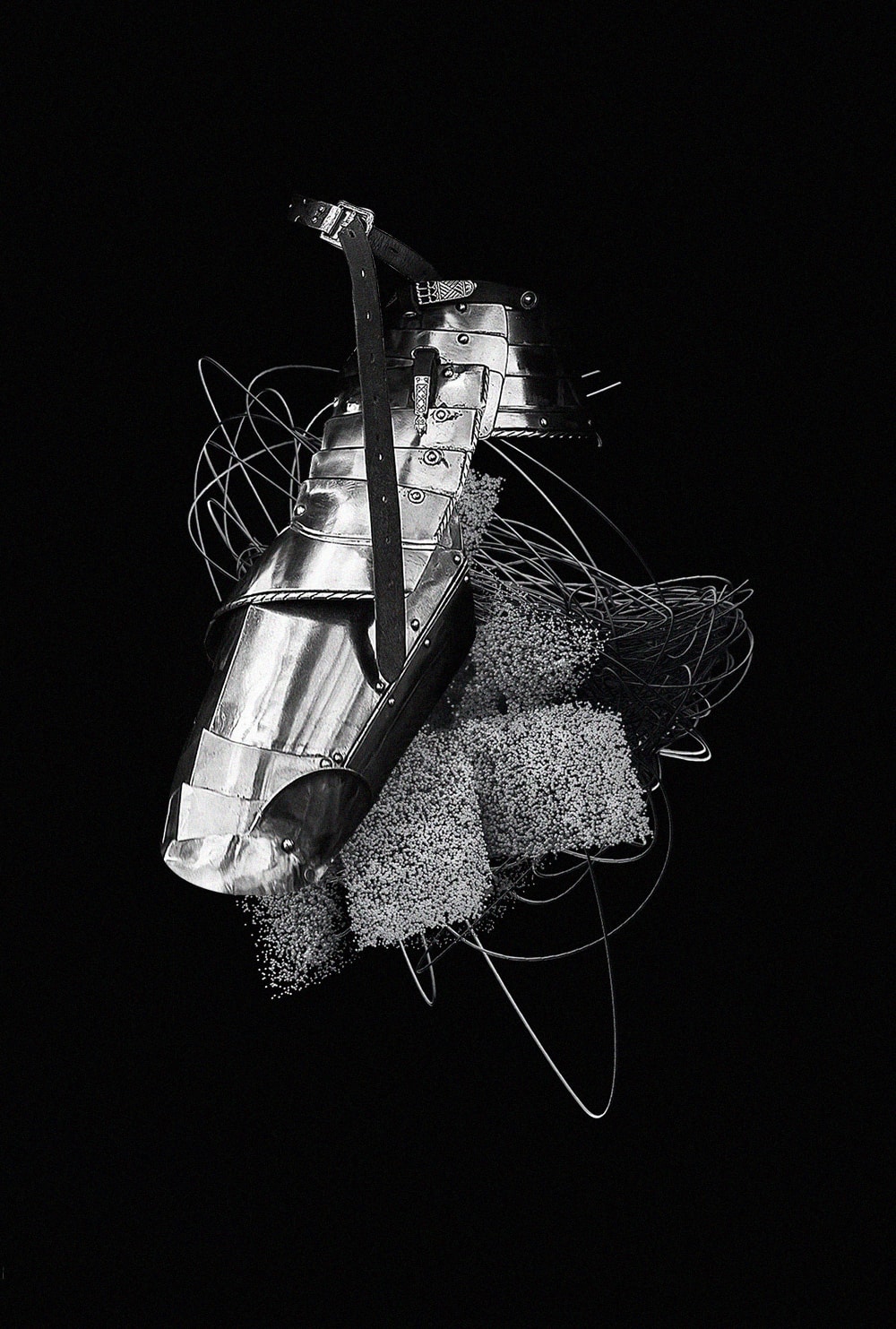
The Foundation ‚Hromadyanyn‘ has been operating for 20 years, providing aid for orphans. However, the reality of war has prompted it to specialize in new areas. That is why the program ‚Cyborgs‘ was launched in August 2022. Prior to this, the team had been studying the area, consulting other experts and preparing to work in this new field. According to Yevheniya Lytvynenko, from the very beginning the foundation’s activities were focused only on prosthetics, with other services being added afterwards. Now soldiers are offered legal consulting sessions, psychological support and online education.
Aid is provided not only for the military, but also for Ukrainian prosthetics centers through the purchases of generators and thermofoil cabinets (these devices catalyze the process of producing sockets by quickly and qualitatively heating the plastic).
The Ministry of Social Policy has launched a special government program of providing free prostheses for soldiers, which is why ‚Cyborgs‘ collaborate with the government. When the military asks for consulting services, the team helps gather necessary documents and explains further steps. However, not all of the wounded can get a prosthesis within the framework of this program, that is why the foundation covers the needs of these people.
Yevheniya says that only citizens of Ukraine are eligible for help under this government program. Thus the ‚Cyborgs‘ supported a soldier with Belarusian citizenship who sustained a wound after joining the ranks of the Armed Forces of Ukraine (AFU).
‚We have lent support to this program since it does not work with certain categories of people, or when its funds are limited. Recently we have begun dealing with more difficult cases of high (above one’s elbow – editor’s note) amputations of arms and the government lacks money to cover such prostheses. That’s where we jump in’, says Yevheniya.
According to the foundation, the higher the amputation of lower limbs is, the more complex is the construction of a prosthesis and the more difficult it is for patients to learn how to use them. In the case of an arm amputation, complex cases of high amputations imply removal of the shoulder joint as the construction of a prosthesis has to ensure the movement of three joints simultaneously – shoulder, elbow and wrist. Such prostheses are normally more expensive than the regular ones, and they are more difficult to master.
Stories of the Cyborgs
The families of soldiers or soldiers themselves come to the foundation. Oleksandr says that at times the wounded already know that they will require additional help from the government program. Requests for help also come from prosthetists who have their own patients.
After such a request is received, the team gets in touch with the soldiers, asking for detailed information on their needs and checking his documents. Yevheniya is in charge of this process. She tells would-be patients about the ‚Cyborgs‘ focusing on helping the military and their families, which is why the team has to check the status of the patient, the circumstances under which the wound was inflicted. Further medical information is gathered and doctors are consulted. Yevhenia also learns the story of the soldier. It is then published on the website and any benefactor may make themselves familiar with who of them exactly needs help. The fundraising campaign is launched only after the exact sum for a prosthesis is known. The program places much value on transparency. Thus no fundraising campaign is launched until the doctor’s report has been received.
According to Oleksandr, only those stories of soldiers end up being published on the website whose prostheses are sponsored by the foundation. There have been 26 of them. Yevheniya also says that the team maintains friendly relationships with the soldiers, while cherishing the story of each of them. They stay in touch even after rehabilitation. Whenever a new activity or opportunity presents itself, all soldiers receive notification.
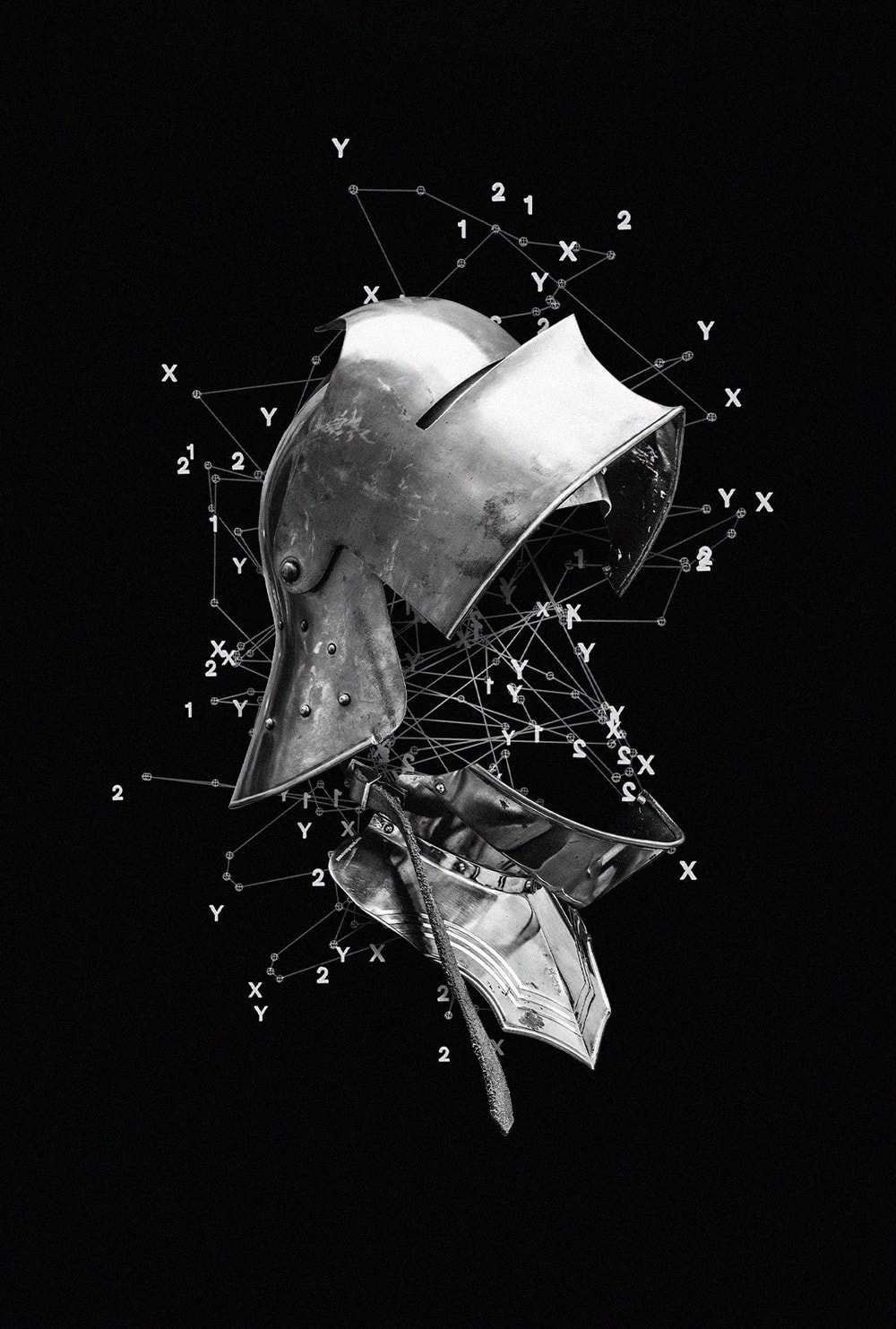
‚Some of them don’t like being photographed, or they lose their cell phones while sustaining an injury, so the relevant pictures also disappear. In this case we ask their brothers in arms for the photos. We know every soldier, we call them by their call signs, it’s our big family, with whom we keep in touch even after they receive prostheses’, says Yevheniya.
The ‚Cyborgs’ help soldiers who lost their limbs as well as offer help in more complex cases. For example, when a hip replacement is to be performed. This is a procedure in which the hip joint is replaced by a prosthetic implant. It is not visible since the prosthesis is placed inside the bone.
‚These are difficult surgeries. The military are subjected to considerable pressure on their joints as they carry at least 44 pounds of equipment on them, plus unfavorable conditions and lack of rest. We have already helped with a prosthesis for the elbow joint and a few hip joints’, says Yevheniya.
Prosthesis in Ukraine
When the program was still in its infancy, the team had the idea of sending soldiers abroad. However, after they began doing research on the topic, they came to realize that prosthetics in Ukraine were of a very high quality. According to Yevheniya, in Ukraine patients receive the same components for their prostheses as abroad. Many people think that prosthetics in Ukraine are about producing wooden components. It is not true.
Yevheniya believes that aside from identical prostheses and apt doctors, receiving prostheses in Ukraine is even better thanks to the level of services.
‚A prosthesis is like a car. It also has to be maintained. This is a mechanism that can break down, so it is difficult to constantly travel abroad. That is why many patients find it psychologically challenging to leave Ukraine since the process of getting a prosthesis is long-lasting, which means that they would want to spend time with their families. And that is not always possible in a foreign country’.
Oleksandr says the ‚Cyborgs‘ are cooperating with prosthetics centers in Ukraine located in Kharkiv, Lviv and Kyiv. A special solution is found for each particular patient.
‚The goal of the program is to help our heroes become superheroes in peaceful life. We want to have no veterans with limited abilities. That is why we work on as modern a prosthesis as possible, patients’ rehabilitation and socialization. We find it also important to make charity in Ukraine fashionable. Those people who are now on the home front have to do socially useful deeds by volunteering and donating to charity. We have to make good on the feeling of being a citizen’, says Oleksandr.
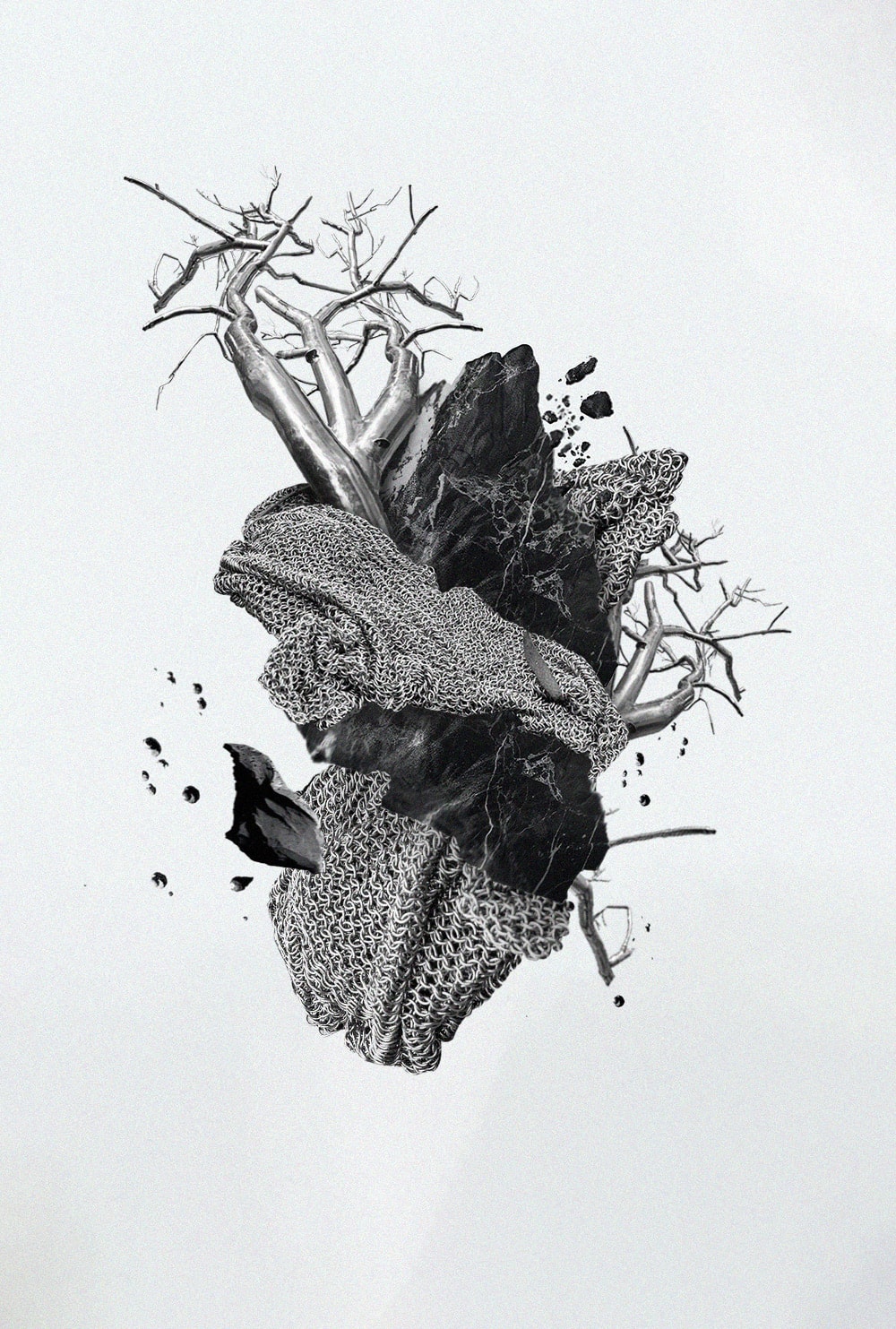
The foundation is assisted in pursuing its goals by partners who joined in the ‚Cyborgs‘. These are, e.g., tea brands ‚TET‘ and ‚g’tea‘. They have placed the foundation’s logo and QR code with the link to its website on their goods. A part of the proceeds from the sales of each pack of tea is donated to cover the needs of wounded soldiers.
In Yevheniya’s opinion, the internal feeling of being part of a great cause inspires people.
‚We are united and we don’t have ‚the handicapped‘ here. We have all necessary resources to help these people to literally stand on their feet and to move about freely, as well as to live their lives without any barriers‘.
Learning and recuperating
Prostheses are not the only solution offered by the program. Some patients want to rejoin the ranks of the AFU after rehabilitation. There are also those who find it important to start out in their civil life. Thus the ‚Cyborgs‘ offers education.
Soldiers themselves say that during long rehabilitation they have time to spare for education.
‚This is a new field of the program that we launched in January 2023. We saw the demand in education but we had doubts nevertheless. We did a survey among our patients and got the results. 30% of them wanted to radically change their area of interest, and almost everyone wanted to learn English’, says Yevheniya.
Expenses on such education are covered by partners and not private persons as donations received from benefactors are gathered only for prostheses. English courses were introduced, as well as education courses on recruitment and testing in the IT sphere. According to Olexandr, the foundation has recently received a grant from the charitable foundation ‚Blaho‘ (the Ukrainian for ‚welfare‘ – translator’s note) to organize the education process for wounded soldiers and people with disabilities.
The English school ‚Professional’ and IT courses Sigma Software University became partners of the ‚Cyborgs‘. They conduct online classes, which is quite convenient since soldiers reside in different cities of Ukraine or abroad.
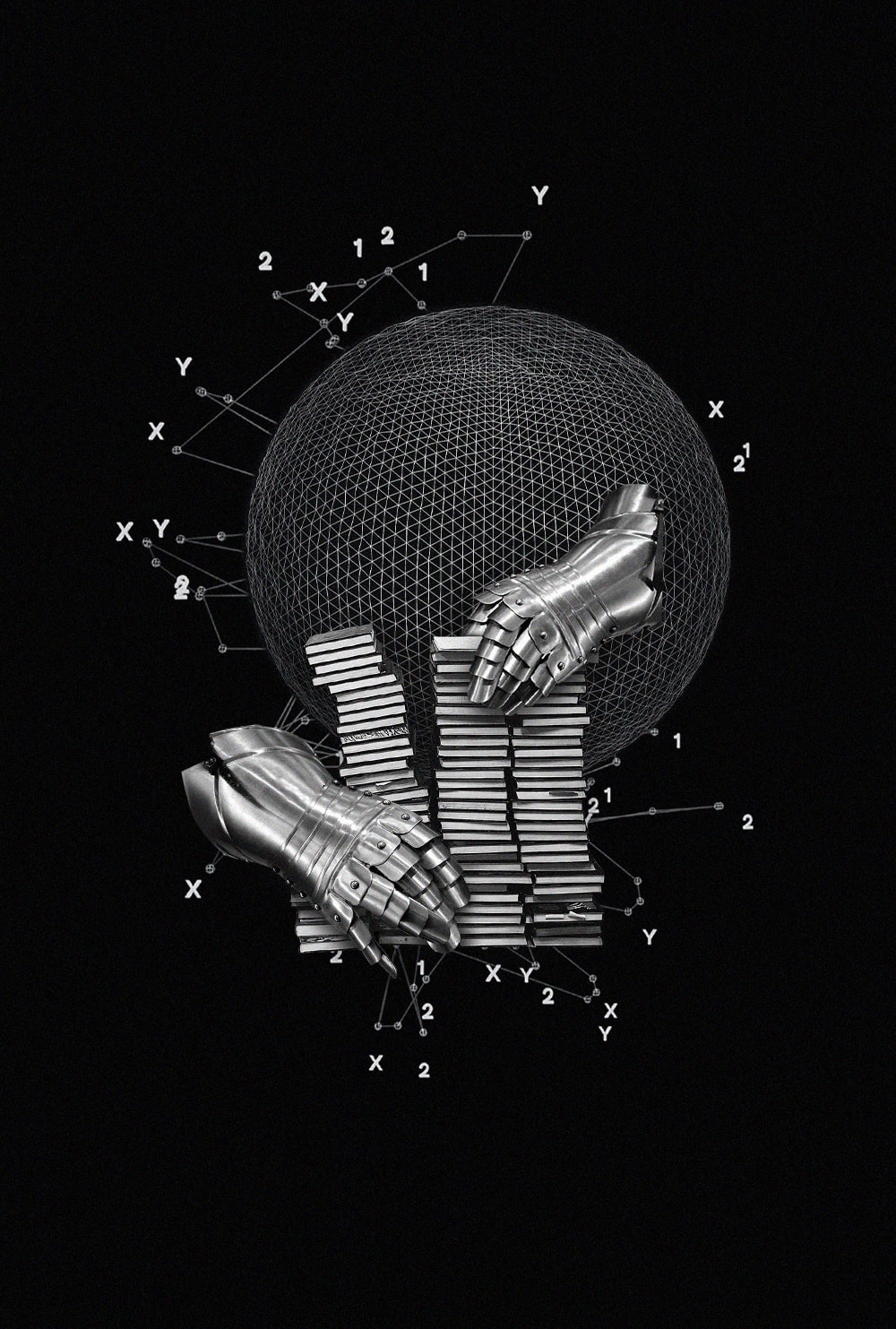
Psychological support is offered to everyone, however, experts in this field are brought in only with consent of patients. Mostly members of patients’ families turn for such help. Yevheniya says that among the ambassadors of the ‚Cyborgs‘ there is a military psychologist who can counsel the soldiers. Patients are eager to talk to him since he has a better understanding of their condition.
‚In terms of psychological support we rely on our partners. We are friends with organizations that are ready to help. Sometimes a conversation online is enough. Sometimes there is a need for a live chat‘, says Oleksandr.
According to Oleksandr, the end of the war will not mean the end of the program. Life with a prosthesis is a constant process.
‚We have a strategic vision of supporting sport for veterans and especially for those who live with a prosthesis. We will support everyday rehabilitation because for our patients sport is not only a hobby, but also a necessity. They have to stay fit as any fluctuations in their weight will lead to the replacement of a socket, which means the replacement of the prosthesis as well’, says Oleksandr.
Spreading the information about the importance of receiving a prosthesis is one of the foundation’s tasks. It is also embarked upon by the program’s ambassadors. Take the example of Roman Kashpur. He enlisted in the army in 2016. In 2019 he lost his right leg after hitting a landmine. However, it did not stop him. Even wearing a prosthesis, Roman leads an active lifestyle, participating in sports contests. On April 23, Roman ran the entire 42,195 km of the London marathon wearing his prosthesis to attract attention to the issues of aid for the patients who have lost their limbs. His goal was also to raise funds for prostheses for the military.
Saving brothers in arms
The story of each soldier is important. Currently the foundation is actively raising one million UAH for the prosthesis of an army medic with the call sign Vatutin. Oleksandr says that a man named Vadym contacted the foundation on a social network because he lost his arm. He wants to receive a modern bionic prosthesis and return to the army. Vadym says he wants to save his brothers in arms.
‚Arm prostheses are complex and expensive. It is necessary to gauge pressure on a limb and how to maintain the prosthesis amid hostilities. In this case we are talking about a concrete prosthesis that would cost a lot. However, we have decided firmly that the price would not hinder us in reaching our defenders’ goals’, says Oleksandr.
Yevheniya also adds that Vadym is a restrained and determined person. He did not have to go to the no man’s land. Nevertheless, he understood that his help was needed there. Vadym has gained plenty of experience. He has served in Bucha, Irpin, Moshchun, Lysychansk and Severodonetsk in the capacity of an army medic. On the website we read the following,
‚I remember my last combat mission. Being members of the most experienced military unit, we set out to assault the enemy’s positions at nighttime. However, the enemy had set up an ambush. The only thing I managed to see was a shell fired from a tank hitting the ground under my legs. I then felt a bullet piercing through my right knee. Fragments of the shells cut my legs and lungs. My right hand was pulverized, it was amputated afterwards. I immediately realized that it would not be possible to save it’.
Vadym will not be allowed to return to the no man’s land, but his experience will be useful.
‚We know how many foreign experts teach our boys. However, among them there are those who have gained experience and can pass it on to others by teaching soldiers. This is a unique experience obtained on the battlefield. It is something foreigners do not have’, says Yevheniya.

